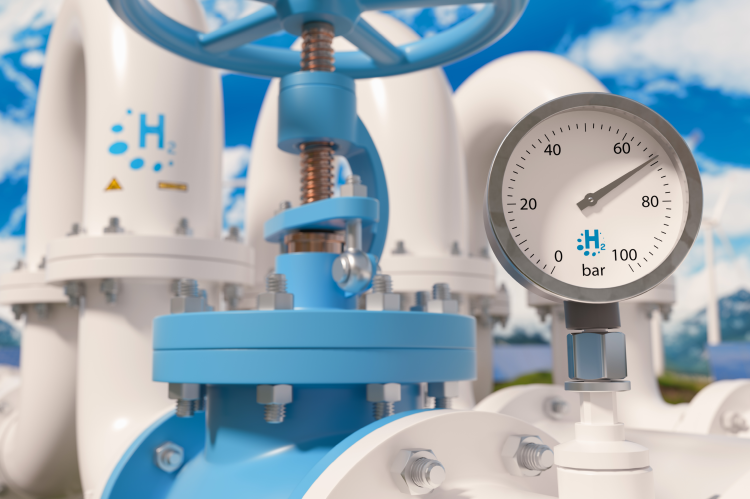Germany, Austria and Italy Agree to Develop Southern Hydrogen Corridor Pipeline Project

Germany, Austria, and Italy signed a joint declaration of intent on Thursday, May 30, 2024, to develop the South Hydrogen Corridor, a pipeline project aimed at transporting renewable hydrogen to industrial centers across Europe.
As reported by eunews, the signing ceremony, attended by ministers and senior officials from the three countries, comes after the European Union designated the corridor a Project of Common Interest. EU Energy Commissioner Kadri Simson praised the initiative, calling it a "key project" for decarbonizing European industry and strengthening ties with North Africa, a potential source of clean fuel.
Italian Minister for the Environment and Energy Security Gilberto Pichetto Fratin, who participated via video link, emphasized Italy's longstanding support for the project, adding that it aligns with the Meloni government's focus on partnerships with African nations to develop clean energy potential.
The trilateral agreement aims to bolster energy security for key industrial areas in each country while supporting the EU's climate improvement objectives.
Austrian Minister for Climate Action and Energy Leonore Gewessler highlighted the project's role in establishing a European hydrogen market, citing a joint working group established last year by the three nations.
German Minister for Economic Affairs and Climate Action Robert Habeck echoed these sentiments, stressing the corridor's importance for supplying green hydrogen to southern Germany. He emphasized that a functioning hydrogen market is crucial for accelerating Europe's energy transition and reducing emissions in hard-to-decarbonize sectors.
The EU aims to produce 10 million tons of renewable hydrogen domestically and import another 10 million tons by 2030 to meet its climate goals, with the current production at only 20,000 according to 2022 data from the European Commission.
The German minister noted the need for well-functioning cross-border hydrogen pipeline infrastructure, a vital step towards a fully interconnected European hydrogen network. With the declaration signed, the real work is expected to begin.
